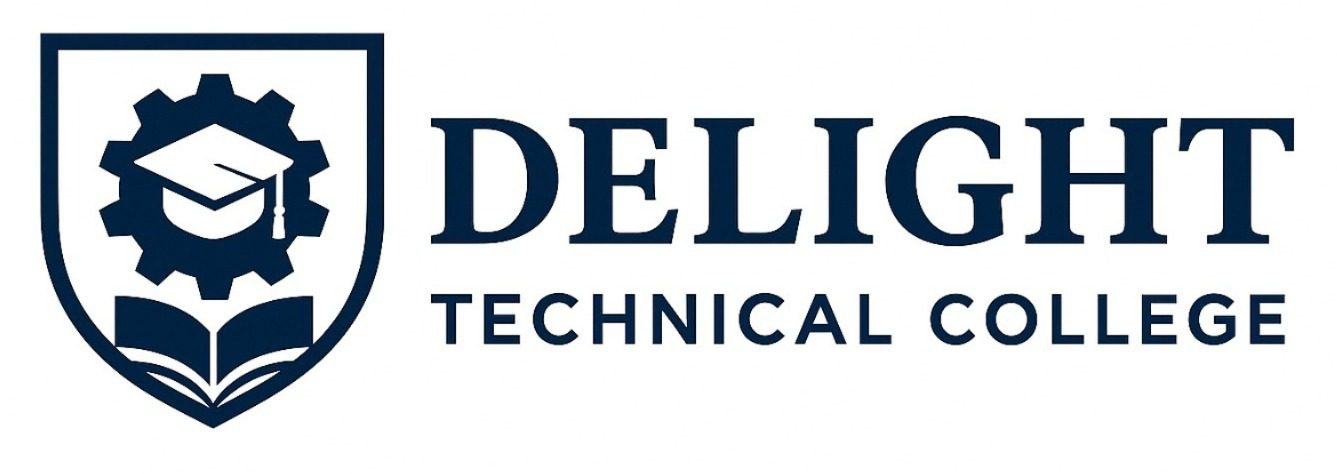
Artificial Intelligence (AI): Powering the Future
Artificial Intelligence (AI) is the technology that allows machines and computer systems to think, learn, and make decisions — just like humans. From voice assistants and chatbots to self-driving cars and smart predictions, AI is rapidly transforming how the world works.
AI is no longer just science fiction. It’s a real and growing field that affects healthcare, education, business, entertainment, transport, and much more.
What Is Artificial Intelligence?
Artificial Intelligence refers to the ability of computers or machines to perform tasks that normally require human intelligence. This includes:
- Understanding language (like Siri or Google Assistant)
- Recognizing images and faces (like phone cameras)
- Learning from data (like YouTube or Netflix recommendations)
- Solving problems (like route planning in Google Maps)
- Making decisions (like fraud detection in banks)
Types of AI
- Narrow AI – Performs specific tasks (e.g. face recognition, spam filtering)
- General AI – Can perform any intellectual task that a human can (still in development)
- Machine Learning – A type of AI where computers learn from data without being programmed line by line
- Deep Learning – A powerful kind of machine learning inspired by the human brain
What Students Learn in AI Programs
In an AI or related technology course, students gain practical and theoretical knowledge, such as:
- Python programming for AI
- Machine learning basics
- Data collection and analysis
- Neural networks and deep learning
- Natural language processing (NLP)
- Computer vision
- Ethics and safety in AI development
- How AI is used in real-world industries
These skills are taught through a mix of theory, projects, and hands-on experience.
Tools and Technologies Used in AI
- Python – The most popular language for AI programming
- TensorFlow & PyTorch – AI libraries for building models
- Jupyter Notebook – For data science and experimentation
- Scikit-learn – For basic machine learning
- Keras – For deep learning applications
- Chatbots & APIs – Used to create real-world AI applications
Students also learn how to use datasets, cloud platforms, and open-source tools.
Careers in Artificial Intelligence
Studying AI opens doors to exciting careers in both tech and non-tech industries. Popular roles include:
- AI Developer / Engineer
- Data Scientist
- Machine Learning Engineer
- AI Researcher
- Business Intelligence Analyst
- Automation Engineer
- AI Product Manager
- Chatbot or NLP Developer
AI professionals work in fields like healthcare, banking, agriculture, education, cybersecurity, manufacturing, and even creative arts.
Why Study Artificial Intelligence?
- 🌍 High Demand: AI is one of the fastest-growing career fields worldwide
- 💡 Innovation: Be part of technologies that shape the future
- 💼 Job Opportunities: Companies are actively hiring AI and data professionals
- 🎓 Interdisciplinary: AI combines coding, math, logic, creativity, and problem-solving
- 📱 Real-World Impact: From saving lives to running businesses, AI is everywhere
Conclusion
Artificial Intelligence is not just the future — it’s already changing the world today. Studying AI gives you the skills to build smart systems, solve real-world problems, and lead in a digital economy. Whether you’re designing a chatbot, analyzing data, or developing an intelligent app, AI puts you at the heart of innovation.
At institutions like Delight Technical College, students are equipped with the knowledge and tools to thrive in this exciting and essential field.



